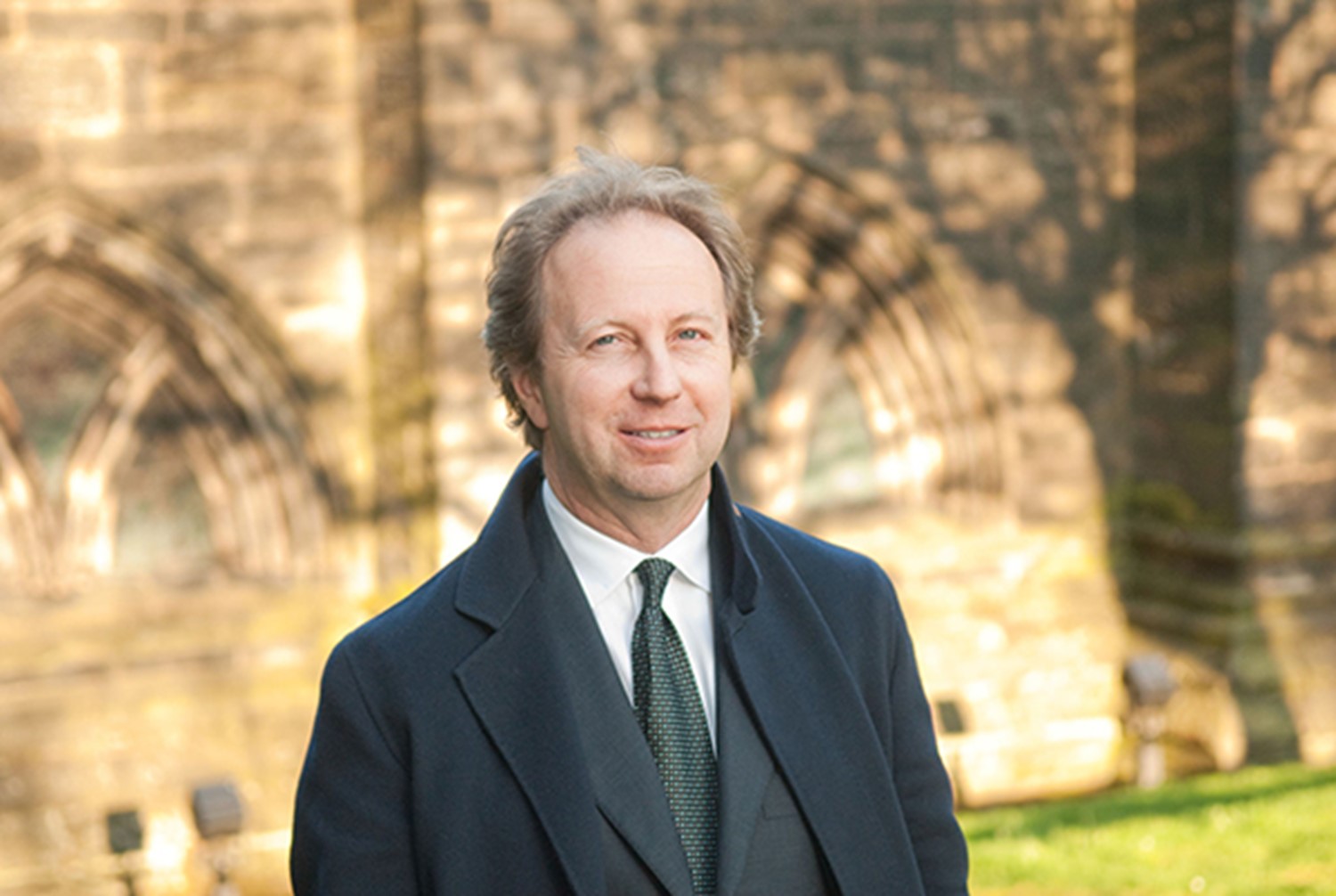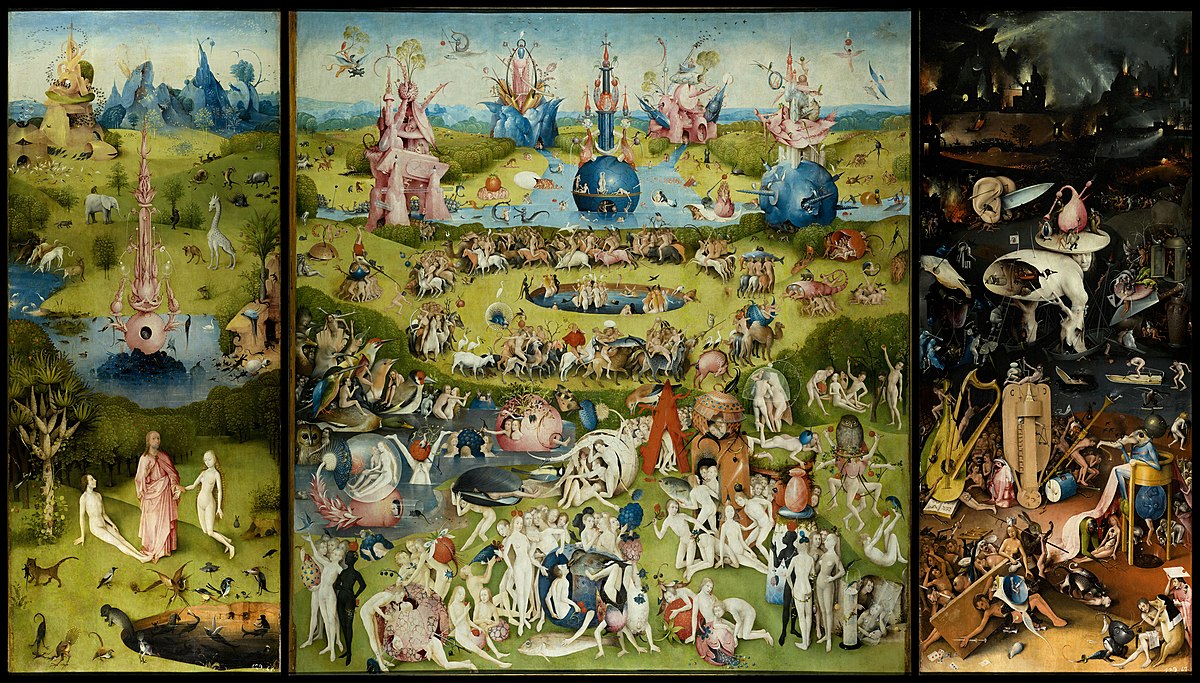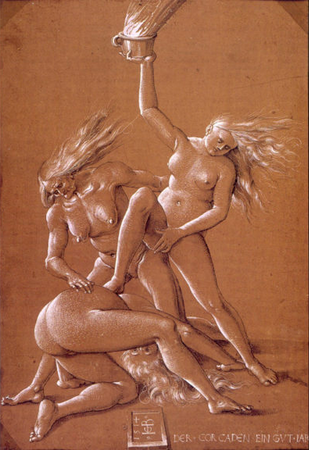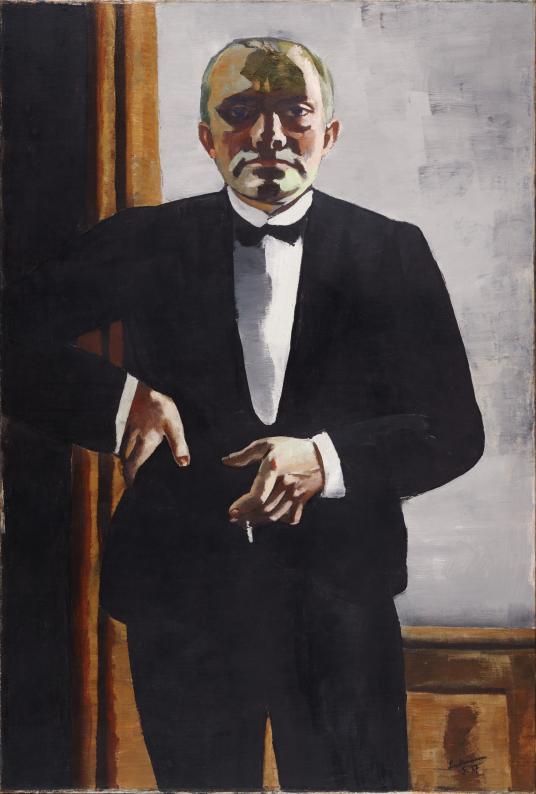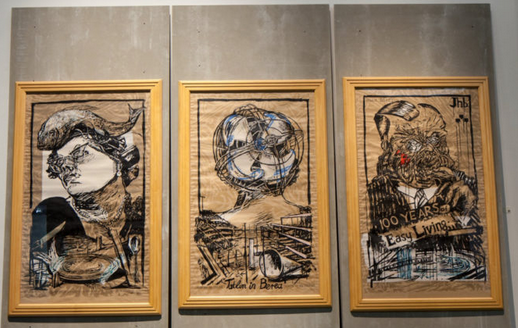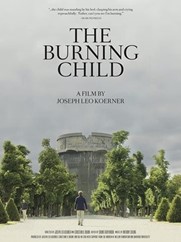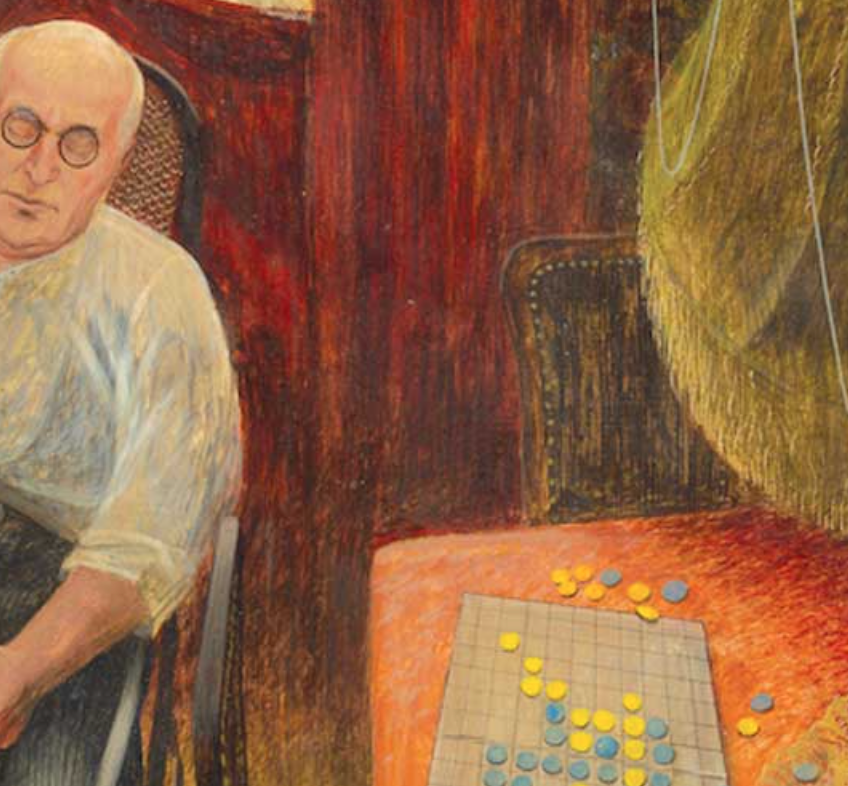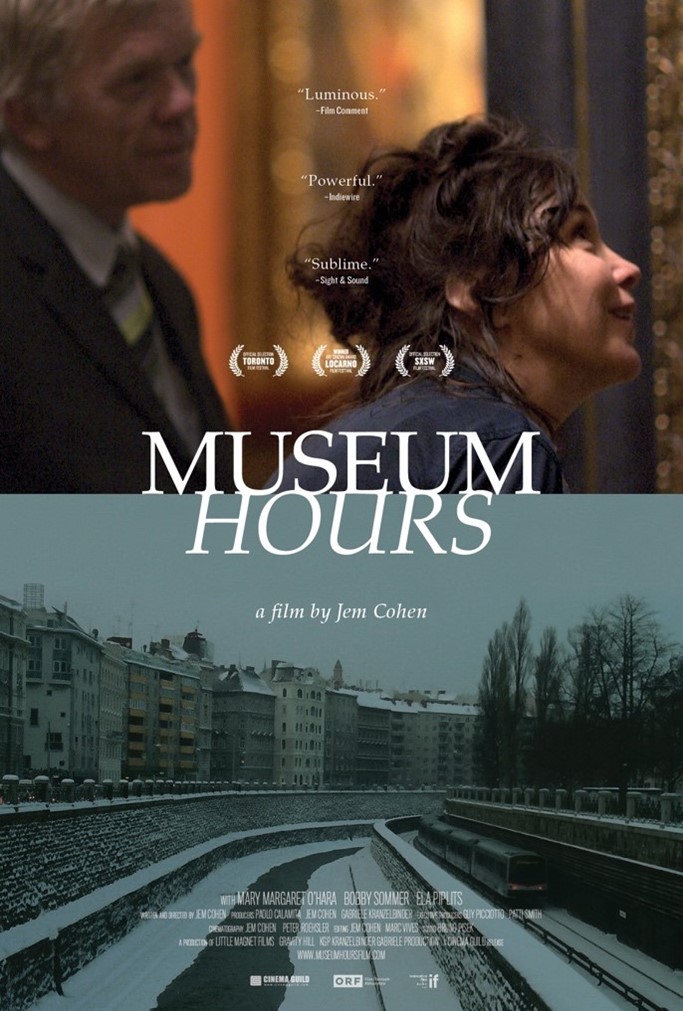“To Approach the Object from Outside”: Joseph Koerner on History, Trauma, and Wonder
“In those days I didn’t really think of myself as an ‘art historian.’ I’d think of myself as somebody who’s using art as a way to generate a certain kind of writing that could otherwise not be generated.”
In this episode
Caro Fowler speaks with Joseph Leo Koerner, professor of art history at Harvard University, who teaches and writes about the history of art from the late Middle Ages to the present day, with an emphasis on Northern Renaissance art. Joseph discusses his early focus on literary studies, psychoanalysis, and romanticism, and how his curiosity about the traumatic core of history has informed his work. More specifically, he describes how themes of fragility and besieging shaped his childhood by way of the physical presence of his father’s paintings in their family home, as well as the role played by visiting Vienna and the Kunsthistoriches Museum there. Finally, he delves into his 2019 documentary The Burning Child, and describes his current book project that explores concepts of siege. What does art do in a state of siege, he asks; how does it flare up?
Transcript
Joseph Leo Koerner is Victor S. Thomas Professor of the History of Art and Architecture and Senior Fellow, Society of Fellows, at Harvard University. He has written books on the myth of Daedalus and Icarus, Albrecht Dürer, art and iconoclasm during the Reformation, Hieronymus Bosch and Pieter Bruegel, the landscape paintings of Caspar David Friedrich, and word-image relations in Paul Klee. In addition, he has curated exhibitions at Harvard, the Center for Art and Media in Karlsruhe, and the Austrian National Gallery. Joseph wrote, directed, and produced the documentary film The Burning Child (2019), which explores the dream and nightmare of homemaking in Vienna from the city's emergence as a metropolis around 1900 until Hitler's annexation of Austria in 1938.
This conversation was recorded on June 10, 2021.
